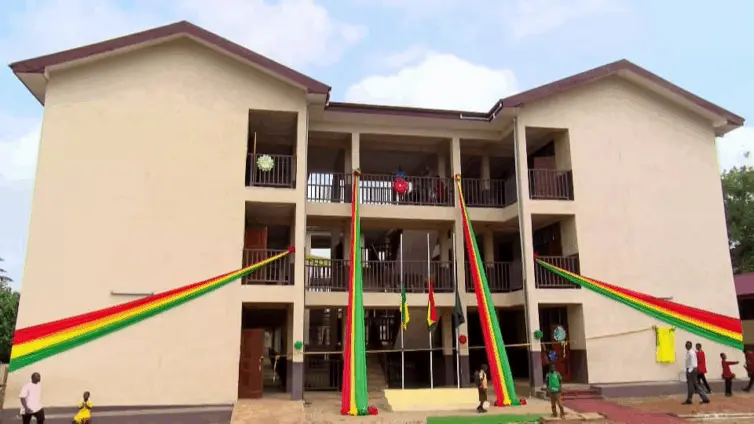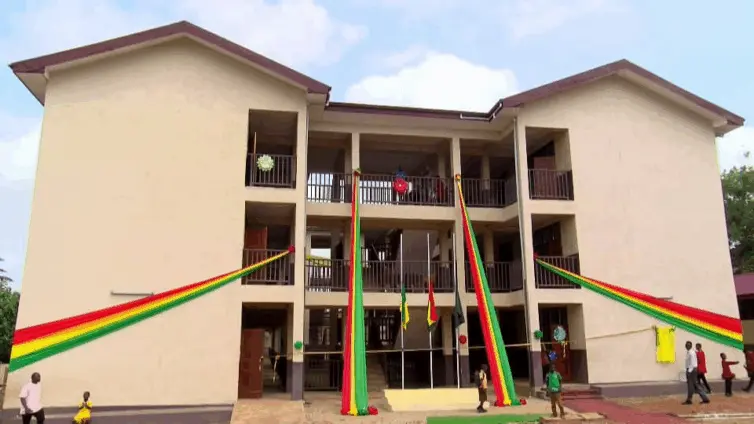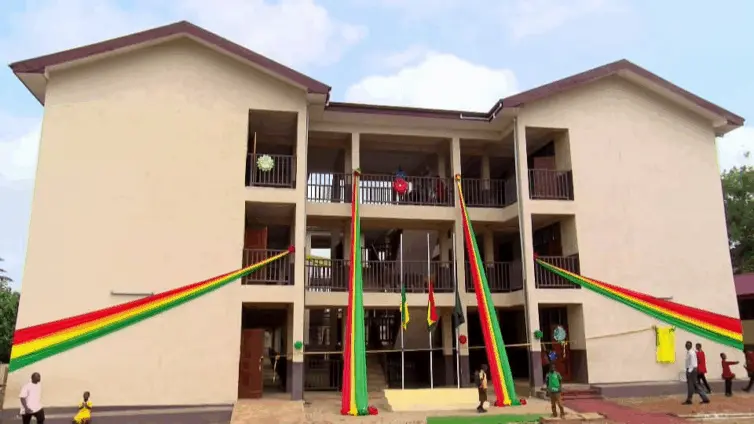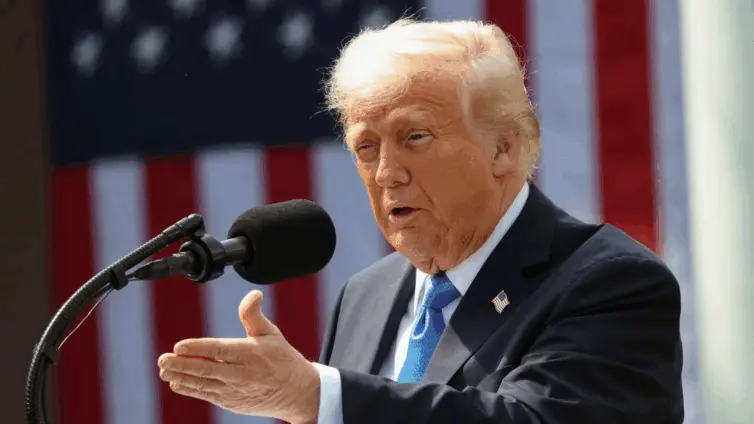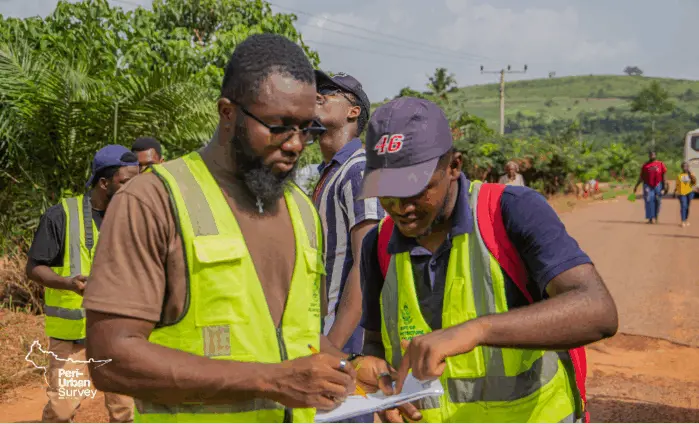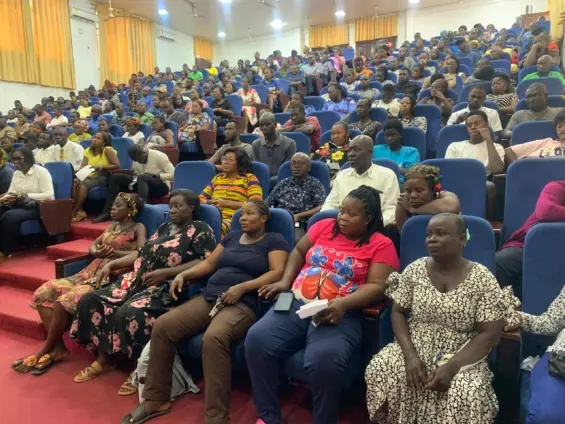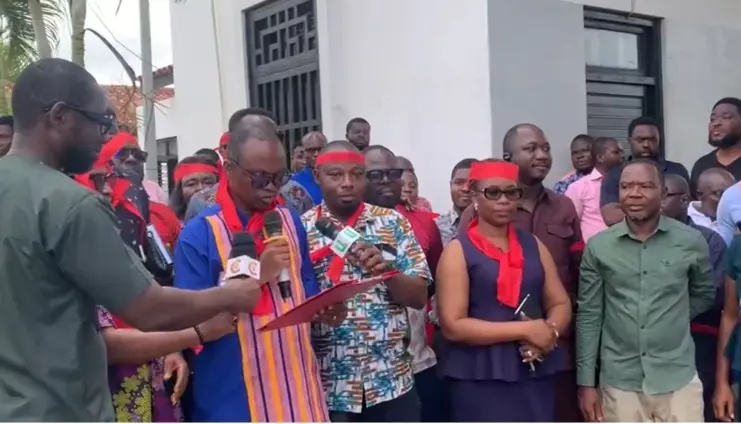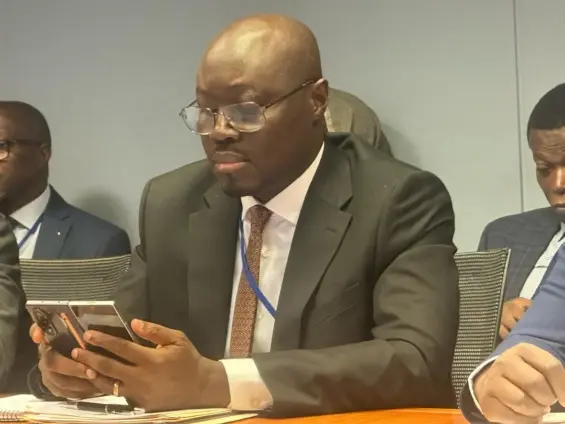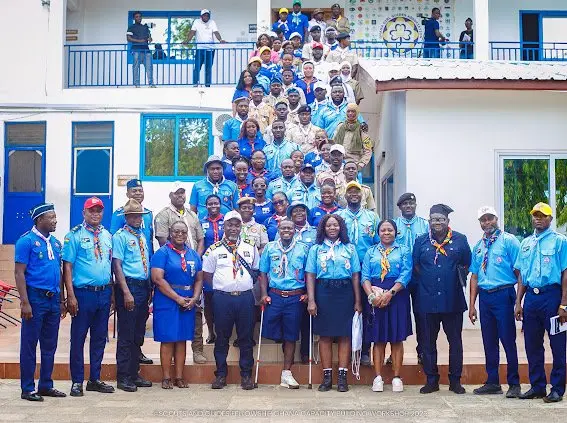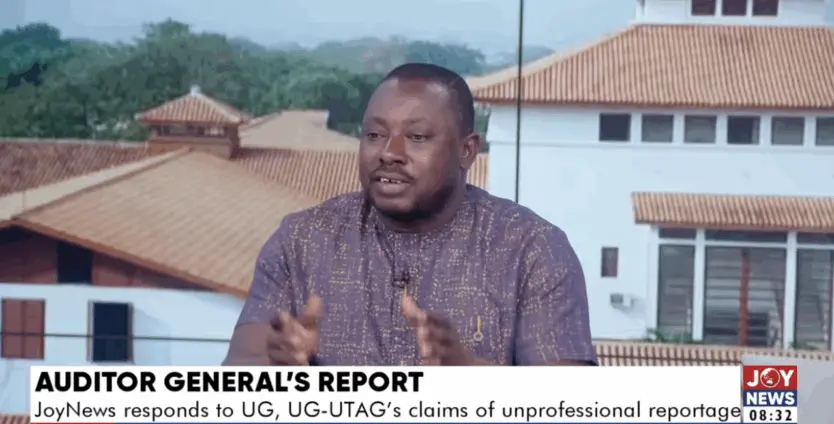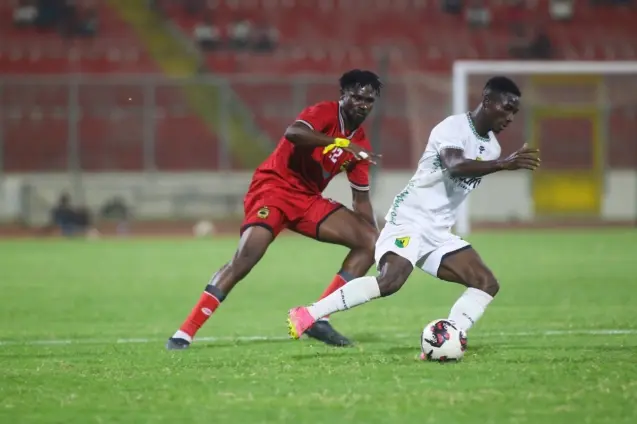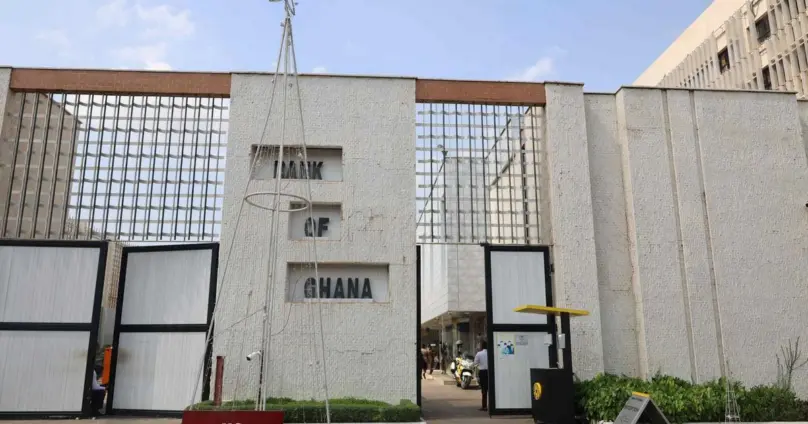In the heart of Ghana, a narrative is unfolding, one that champions the often-overlooked segment of society: the boy child. While initiatives focused on girl child empowerment have rightly gained momentum, ECOM Ghana, through its Sustainable Management Services (SMS), recognized a critical gap. They addressed this by orchestrating a Boy-Child Empowerment Summit in Assin Andoe, Central Region, a proactive endeavor aimed at equipping young boys with the tools to navigate challenges and foster violence-free communities. As highlighted by Edu News 360 (Joy Learning), this initiative underscores the urgent need for targeted support and mentorship, placing boy child empowerment firmly on the agenda in Ghana.
The summit, a beacon of hope for many, sought to address critical issues and equip young participants with essential life skills.
The disparity between girl child and boy child empowerment initiatives is often stark. Deborah Antwi, Gender Specialist of SMS, poignantly captured this imbalance, stating, “It’s extremely sad to neglect our young boys to struggle through the ladder without any mentorship or empowerment projection as compared to the girl child.” Her words highlight a pressing need to acknowledge the unique challenges and vulnerabilities that boys face, issues that often go unaddressed. While comprehensive data remains limited, anecdotal evidence suggests that boys grapple with societal pressures, lack of positive role models, and limited access to resources tailored to their specific needs. It’s this vacuum that ECOM Ghana sought to fill.
The Boy-Child Empowerment Summit in Assin Andoe drew over 200 young boys, all eager to engage with the theme: “Strengthening boys to build Communities free of Violence and Addiction.” The summit wasn’t merely a gathering; it was a carefully curated educational experience. Sessions delved into the complexities of violence, exploring its root causes and consequences. Addiction, another critical concern, was addressed with sensitivity and practical guidance. Beyond these core topics, the summit provided a safe space for boys to share their concerns and receive mentorship from positive role models.
The impact of the summit resonated deeply with the students. As reported by Edu News 360, many expressed profound gratitude for the opportunity to share their problems and receive guidance. These young voices pleaded for more programs of this nature, underscoring the urgent need to curb social vices through targeted education and mentorship.
“Expressed their joy for such an awesome program organized to get such an opportunity to share their problems and be mentored with incredible passion and pleaded for more programs like this to curb most social vices.”
Charity Bediako, the Headmistress of Assin Andoe D/A Basic School, echoed this sentiment, expressing her heartfelt appreciation for the summit. Recognizing the long-term potential of such initiatives, she pledged to form a boys’ club within the school, ensuring the principles and lessons learned would continue to resonate. Bediako also highlighted the significant challenges facing her students, including issues of absenteeism, truancy, and even fraud crimes. Her plea to the government and other stakeholders was clear: more resources and attention must be directed towards boy child education and empowerment.
Empowering boys isn’t just about addressing their individual needs; it’s about building stronger, healthier communities. When boys are equipped with the tools to navigate challenges, resist negative influences, and become positive role models, the benefits ripple outwards, strengthening families, reducing crime rates, and fostering a culture of respect and responsibility. The long-term positive effects of investing in boy child development are undeniable, paving the way for more resilient and equitable societies.
ECOM Ghana’s Boy-Child Empowerment Summit represents a crucial step towards addressing the existing imbalance in child empowerment initiatives. By providing education, mentorship, and support, this program aims to equip young boys with the tools they need to overcome challenges and build brighter futures. Continued efforts from stakeholders, the government, and NGOs are essential to ensure that the boy child receives the attention and resources needed to thrive, ultimately contributing to stronger, more resilient communities in Ghana and beyond. A continued focus on boy child empowerment is the key to community enrichment.
Image Source: MYJOYONLINE


